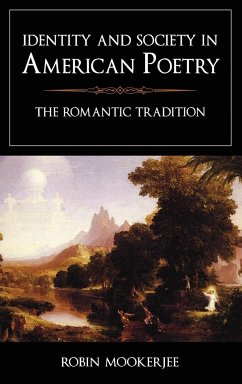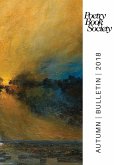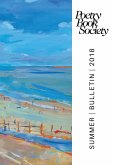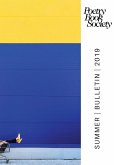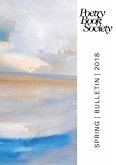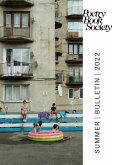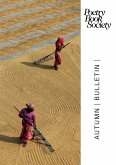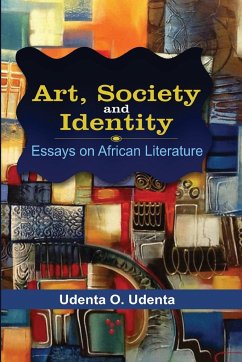This new study of American poetry views the poetics of Ezra Pound and his avant-garde followers in an entirely new light. Both Romanticism and Modernism have variously been seen as revolutionary or retrograde, narcissistic or self-abnegating. This interdisciplinary work looks past distinctions between schools and styles to reveal an unexpected link between poets' spiritual aspirations, formal experiments, and political convictions. Along the way, it sheds light on the complex relationship between art and society. Beginning with a fresh reading of Emerson's elusive philosophy, the author identifies the tension between Romanticism and Liberalism as a source of Modernist poetics. Critics have dissected the eccentric forms of avant-garde American poetry but have never adequately explained its scrupulous avoidance of abstraction and elimination of the poet from the poem. Drawing extensively on classic and contemporary theory, this book reveals postwar poetics, particularly the epics Paterson and The Maximus Poems, as the fulfillment of a longstanding Romantic social vision, one which seeks to invest Liberal social structures with a transcendental core. This book is a valuable source for scholars with an interest in Emerson and Pound Studies, the intellectual traditions leading to Modernism, and the Objectivist and Black Mountain schools of American poetry.
Hinweis: Dieser Artikel kann nur an eine deutsche Lieferadresse ausgeliefert werden.
Hinweis: Dieser Artikel kann nur an eine deutsche Lieferadresse ausgeliefert werden.

